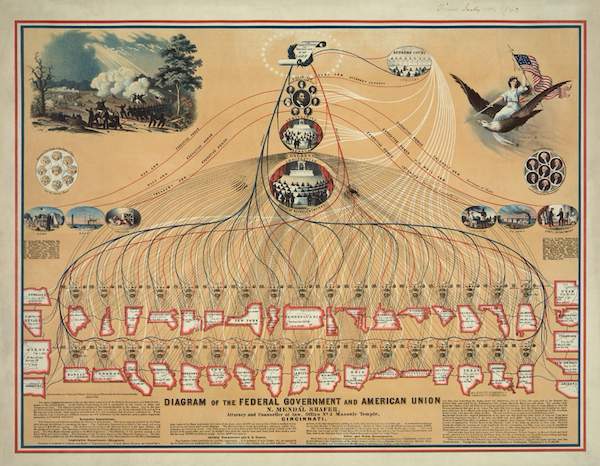
At least one good thing has come out of Amazon warehouses. The horror stories about the company’s working conditions—including sonic wristbands that follow employees’ every move—have increased public concern about the potential dangers of workplace surveillance. Beyond Amazon, workers across a range of industries are already being tracked and monitored.
In a recent article, I focus on the digital surveillance of fast fashion retail workers. Fast fashion chains such as Zara and H&M are known for selling a tremendous amount of trendy, cheap clothing. Less well known about these companies is the extent to which they too rely on a vast amount of data—tracking customers and workers alike—to keep their stores running.
Between 2015 and 2018, I immersed myself in this industry. I worked as a sales associate at two major fast fashion retailers in New York City, interviewed twenty other retail workers, volunteered with a retail workers’ center, and attended corporate retail conferences where the latest technologies were on display.
Continue Reading…






